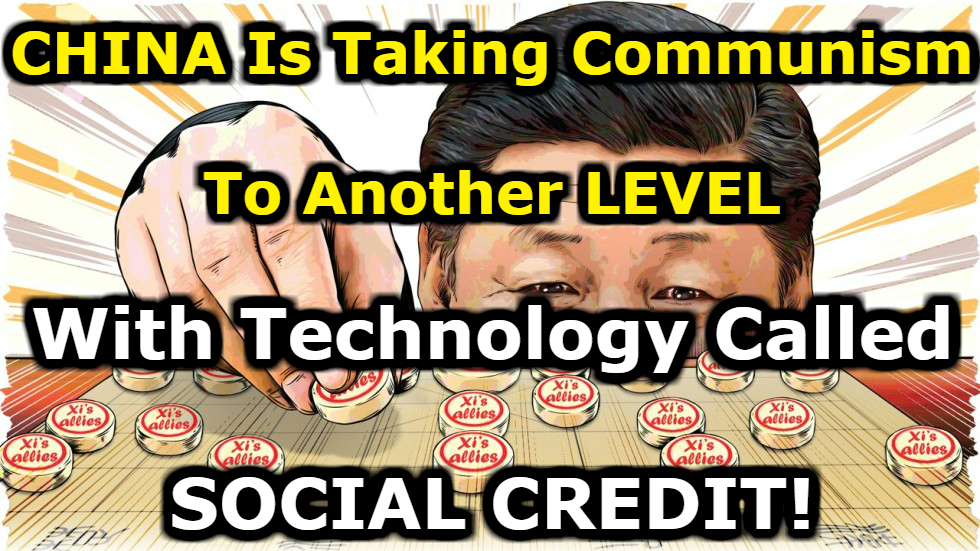
Have you ever seen the Netflix series called the Black Mirror? You don't need to watch the fictional dystopian episode called Nosedive to see insane social rating system. You've heard about the Fico score if you are North American?
Well, let me tell you how Nosedive goes. A girl who lives in a society where people vote each other up or down depending how you interact with them. It is all about being famous and getting the highest possible score to gain access to the best places to live, work, drive and to mingle with other people that are looked upon as high society for having a high social score. At the hight of the girl's life, she is finally reaching the upper levels, and she is using a credit score consultant to tell her what to do to get to the high level so she can attend a fake friends wedding and be maid of honour. That dream slides fast as she is slow to get to the airport and she is desperate to get on a flight to reach the wedding in time. She loses her plane and misses it, and she fast gets downvoted and demoted to lower society and cannot even make it in time for the wedding.
She goes crazy and put in the social credit gulag for misbehaving and reaching a low score that puts her in prison.
That said we only need to travel to China to see a very similar system called social credit! Or Sesame Credit as the earlies system was called. It is run by Ant Financial former Alipay, a subgroup of Alibaba.
Sesame Credit is a private credit scoring system developed by Ant Financial Services Group, an affiliate of the Chinese Alibaba Group. It uses data from Alibaba's services to compile its score. Customers receive a score based on a variety of factors based on social media interactions and purchases carried out on Alibaba Group websites or paid for using its affiliate Ant Financial's Alipay mobile wallet. The rewards of having a high score include easier access to loans from Ant Financial and having a more accurate profile on e-commerce sites within the Alibaba Group.
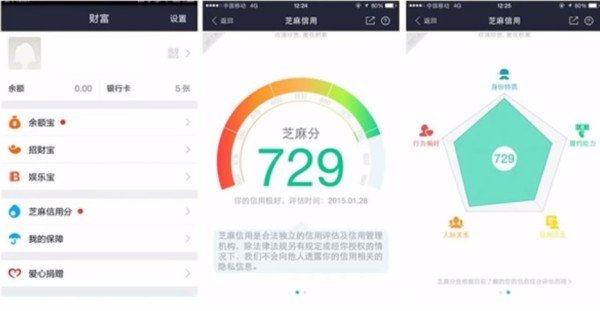
Baihe.com, a Chinese matchmaking company, uses Sesame Credit data as part of its service, while Tencent, Alibaba's main commercial rival in China and operator of the WeChat messaging and digital platform, also operates its credit system -- Tencent Credit.
Now back to the big picture and the Chinese social credit the Technocratic wet dream to control the populace with their obedience to Government!
The Social Credit System is an example of China’s “top-level design” (顶层设计) approach. It is coordinated by the Central Leading Group for Comprehensively Deepening Reforms. According to the overall "Planning Outline for the Construction of a Social Credit System (2014–2020)" issued by the State Council, the Social Credit System will focus on four areas: "honesty in government affairs" (政务诚信), "commercial integrity" (商务诚信), "societal integrity" (社会诚信), and "judicial credibility" (司法公信). Media coverage has thus far focused mostly on the rating of individual citizens (which falls under "societal integrity"). However, the Chinese government‘s plans go beyond that and also include plans for credit scores for all businesses operating in China.
.jpg)
The Chinese government wants the basic structures of the Social Credit System to be in place by 2020. It is unclear whether the system will work as envisioned by then, but the Chinese government has fast-tracked the implementation of the Social Credit System, resulting in the publication of numerous policy documents and plans since the main plan was issued in 2014. If the Social Credit System is implemented as envisioned, it will constitute a new way of controlling both the behaviour of individuals and businesses.
The main outline often mentioned in Western news outlet stories, the "State Council Notice concerning Issuance of the Planning Outline for the Construction of a Social Credit System (2014–2020)", was issued by China's State Council on June 14, 2014. Rogier Creemers, a post-doctoral scholar at the Programme for Comparative Media Law and Policy at the University of Oxford, has posted a translation of the document.
The goal of the initiative according to the Planning Outline is “raising the awareness for integrities and the level of credibility within society.” The Social Credit System is presented as an important means to perfect the “socialist market economy” (完善社会主义市场经济体制) as well as strengthening and innovating governance of society (加强和创新社会治理). It indicates that the Chinese government views it both as an essential means to regulate the economy and as a tool of management to steer the behaviour of citizens.
Among other things, the Social Credit System is meant to provide an answer to the problem of lack of trust on the Chinese market. Proponents argue that it will help eliminate issues such as food safety issues, cheating, and counterfeit goods.
The Social Credit System will be limited to Mainland China and thus does not apply to Hong Kong and Macau.[citation needed] However, at present, plans do not distinguish between Chinese companies and foreign companies operating on the Chinese market, raising the possibility that international businesses operating in China will be subjected to the system as well.
The system has already been implicated in many controversies. Of particular note is how it is applied to individuals as well as companies. People have already faced various punishments for violating social protocols. The system has been used to previously block nine million people with "low scores" from purchasing domestic flights. While still in the preliminary stages the system has been used to ban people and their children from certain schools, prevent low scorers from renting hotels, using credit cards, and blacklist individuals from being able to procure employment. The system has also been used to rate individuals for their internet habits (too much online gaming reduces ones score for example), personal shopping habits, and a variety of other personal and wholly innocuous acts that have no impact on the wider community. Criticism of this program has been widespread with the proposed system being described by Human Rights Watch as "chilling" and filled with arbitrary abuses.
Implementation:
In 2015, eight companies were licensed to begin trial credit systems. The companies selected were Alibaba Group's Ant Financial, software developer Tencent and six others. The scoring schemes run by the private companies used data such as Sesame Credit to begin the experimental phase.
No licenses to private companies were granted in 2017.
As of February 2018, no comprehensive, nation-wide social credit system exists, but multiple pilots are testing the system on a local level as well as in specific sectors of industry. One such program has been implemented in Shanghai through its Honest Shanghai app, which uses facial recognition software to browse government records, and rates users accordingly. Some reports have stated that the ratings may use information gathered from Chinese citizens' online behaviour.
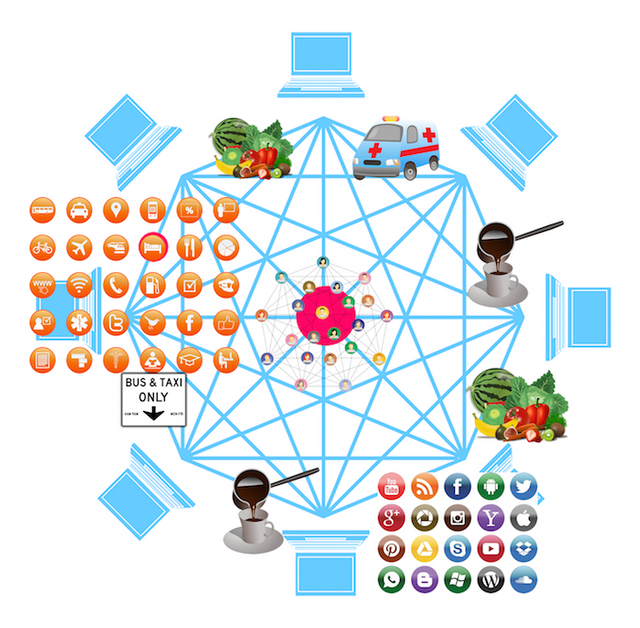
In March 2018, Reuters reported that restrictions on citizens and businesses with low trustworthiness Social Credit ratings would come into effect on May 1st.
Social credit for businesses:
For businesses, the Social Credit System is meant to serve as a market regulation mechanism. The goal is to establish a self-enforcing regulatory regime fueled by big data in which businesses exercise “self-restraint” (企业自我约束). The basic idea is that with a functional credit system in place, companies will comply with government policies and regulations to avoid having their scores lowered. As currently envisioned, companies with good credit scores will enjoy benefits such as good credit conditions, lower tax rates, and more investment opportunities. Companies with bad credit scores will potentially face unfavourable terms for new loans, higher tax rates, investment restrictions, and lower chances to participate in publicly funded projects. Government plans also envision real-time monitoring of a business’s activities. In that case, infractions on the part of a company could result in a lowered score almost instantly. However, whether this will happen depends on the future implementation of the system as well as on the availability of technology needed for this kind of monitoring.
Involvement of private companies:
As of March 2017, 137 commercial credit reporting companies are active on the Chinese market. As part of the development of the Social Credit System, the Chinese government has been monitoring the progress of third-party Chinese credit rating systems. In 2015, eight companies were picked by the People's Bank of China to develop pilots to give citizens credit scores, including Alibaba's Ant Financial Services, which operates Sesame Credit.[18][23] Sesame Credit's scoring system is roughly modelled after FICO scoring in the United States and Schufa in Germany.[24] However, the Chinese government decided not to any award licenses in 2017 due to concerns over conflicts of interest and unwillingness to share data with rival platforms.
.jpg)
Private companies have also signed contracts with provincial governments to set up the necessary infrastructure for the Social Credit System at the provincial level.
From reading what social credit is all about and that 2020 will be the big push for implementation to the 1.4B population putting the communist control grid to a level that Mao, Stalin or Castro would have loved to have. They have gone from the Fico based credit rating to a social belief based fico score. With China implementing it onto parts of their citizens they started barring people from Air and Train travel in and outside of China. https://www.reuters.com/article/us-china-credit/china-to-bar-people-with-bad-social-credit-from-planes-trains-idUSKCN1GS10S
Quote: "People who would be put on the restricted lists included those found to have committed acts like spreading false information about terrorism and causing trouble on flights, as well as those who used expired tickets or smoked on trains, according to two statements issued on the National Development and Reform Commission’s website on Friday.
Those found to have committed financial wrongdoings, such as employers who failed to pay social insurance or people who have been unable to pay fines, would also face these restrictions, said the statements which were dated March 2.
.jpg)
It added that the rules would come into effect on May 1. (Yesterday!)
The move is in line with President’s Xi Jinping’s plan to construct a social credit system based on the principle of “once untrustworthy, always restricted,” said one of the notices which were signed by eight ministries, including the country’s aviation regulator and the Supreme People’s Court.
Now they are looking at barring people from attending certain schools. https://www.cnet.com/news/black-mirror-too-real-in-china-as-schools-shun-parents-with-bad-social-credit/
Quote: "A high school in Changle County, Shandong Province, recently updated its school policy to reflect the new system, according to state-run newspaper The Paper. It says it will no longer enrol students whose parents have bad social credit scores. Since its transition to private owners in 2002, it must abide by strict rules on private enrolment set by local authorities.
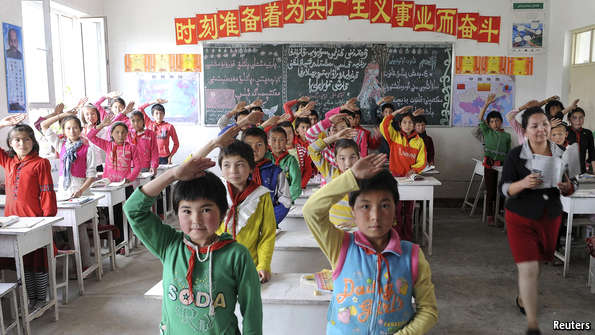
"Regarding people who have serious trust-breaking behaviour, privately operated schools must limit their children's ability to attend high-tuition private schools, to practically carry out the responsibility of disciplining people with bad credit," the authorities wrote.
A Chinese journalist is the latest to discover what the government will do to citizens who don't behave. Liu Hu, who was detained for a year in 2013 for defamation, was recently ordered by a court to apologize for a series of tweets he wrote.
The government deemed his apology "insincere" and put him on a list of "untrustworthy people." The list not only prevented him from buying a plane ticket, but it's reduced his housing and education options.
It is on top of the massive surveillance grid from China that has the most extensive monitoring system in the world. There are some 170 million CCTV cameras across the country, and that's tipped to grow more than three-fold with 400 million more set to be installed by 2020.https://techcrunch.com/2017/12/13/china-cctv-bbc-reporter/ I am unfortunate to have worked in the Telecommunication field for over 15 years seeing the future of the control which is now being adopted. CCTV systems are quite okay to install to catch bad guys, and it is very convenient to use facial recognition software to find people fast just like the series Point Of Interest. Now microphone systems not only on the cameras but also at schools and other places are being pushed. They are fantastic detecting gunfire and creates a control grid for police to detect where violence is happening. https://www.theguardian.com/world/2017/sep/01/facial-recognition-china-beer-festival
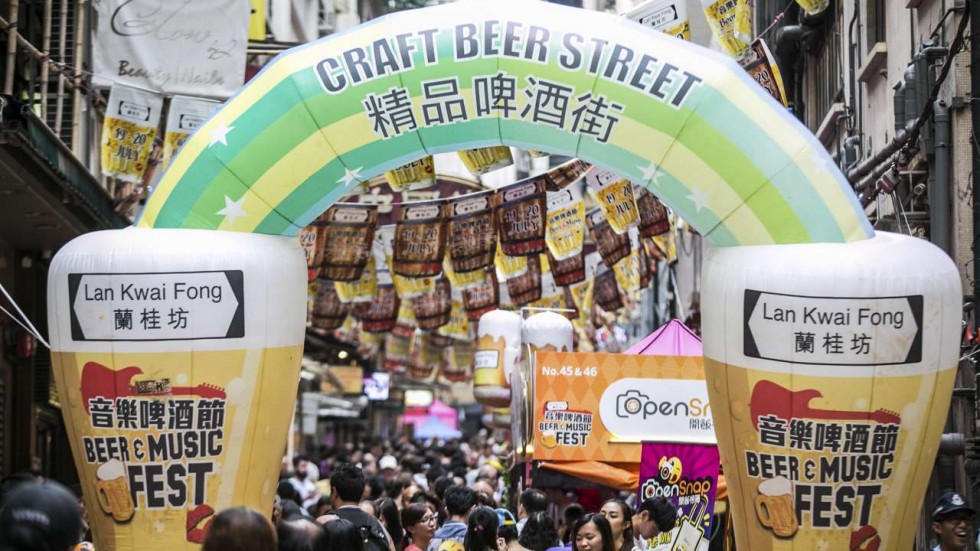
They also use Facial recognition to catch criminals everywhere including people jaywalking! https://www.independent.co.uk/news/world/asia/china-police-facial-recognition-technology-ai-jaywalkers-fines-text-wechat-weibo-cctv-a8279531.html
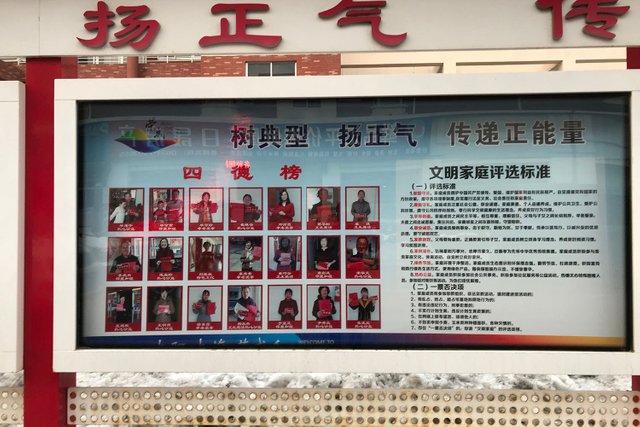
Roncheng's "civilized families" are displayed on public noticeboards like these.
http://foreignpolicy.com/2018/04/03/life-inside-chinas-social-credit-laboratory/
What people are not thinking of is what if the government doesn't like you. Well, they could find you and imprison you very fast! And how about implementing the Voice recognition software on top of that? Today have in India the Adhaar system that the government created after the failure of going cashless. The system took biometrics and retina scans from most of its population trying to put the people on the electronic grid giving the debit cards. Also, new sites like Heritage.com and 23 and me is sites that ask for your DNA samples to tell you where you are from, but where does the DNA info go? Or every time you take a blood sample.
The last thing they want is your money and ownership of property and assets online. With the Chinese ACCChain, they wish to blockchain the world through digitalizing all of the world's assets. The final way to put all human activity under a digital AI Control grid.
I also forgot to mention the new smart homes being built. Automation in homes is very cheap and convenient. Some systems implement controlling everything in your house from water to how much your current electric usage is. It is all available on cloud systems that can be sent to 3rd parties like NSA or any local Sustainable Development organizations so they can come out and shame you.
The UN is, of course, another terrible control grid as they are a bunch of unelected academic politicians controlling everything you do from consumption of electricity, food, water, cars, air travel, education and many more things. If you want to know more, please read my blog on the UN where I share all the videos Josh and I have done on the subject. With China wanting to get the IMF headquarters and have recently been implemented into the SDR world currency from the UN we should be alarmed on what is coming.
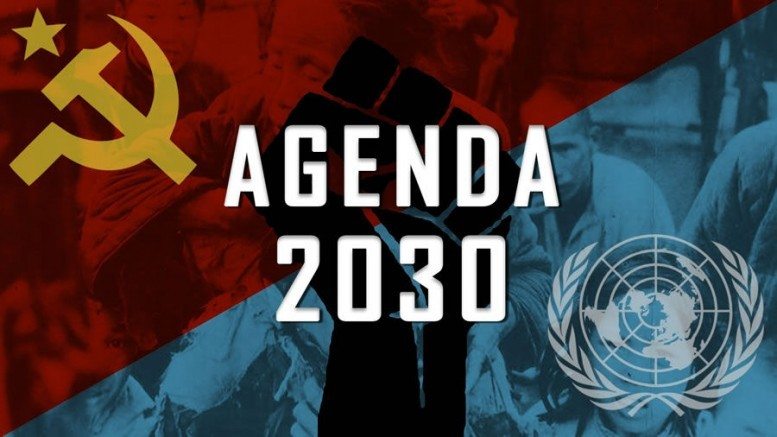
https://steemit.com/news/@theeconomictruth/the-un-one-world-government-exposed-and-how-to-stop-it
Climate change is an excellent example of shaming that China is doing calling you a denier if you question the science put forward by the IPCC. We need to wake up before similar systems take a stranglehold on our lives. Even though technology makes our lives more convenient the way China and other countries are using it is to control the populace not creating freedom and prosperity!
Peace, Love and Voluntaryism,
John
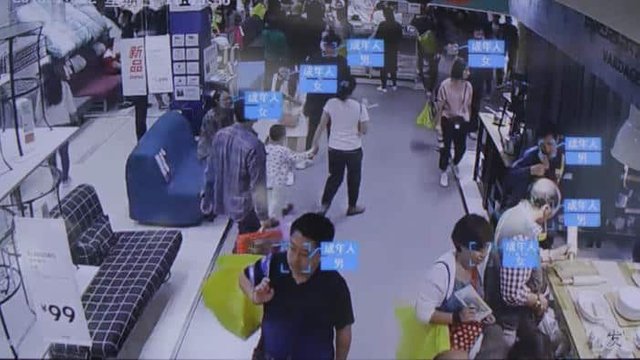
I heard about this and mentioned it to a co-worker and they brought up the show Black Mirror.
The future isn't as bright as we had originally thought. There is less hope and optimism moving forward- especially with the loss of job, rising inflation and ever present wars globally.
Downvoting a post can decrease pending rewards and make it less visible. Common reasons:
Submit
The death toll of communism:
China = 65 million
Soviet Union = 30 million
Cambodia = 2 million
North Korea = 2 million
Africa = 1.7 million
Afghanistan = 1.5 million
Eastern Bloc = 1 million
Vietnam = 1 million
Latin America = 150,000
Total = 104,350,000 innocent lives!
Downvoting a post can decrease pending rewards and make it less visible. Common reasons:
Submit
And who knows what Chinas current count is
Downvoting a post can decrease pending rewards and make it less visible. Common reasons:
Submit
Anything ending in ISM does not have your best interests at heart!
Downvoting a post can decrease pending rewards and make it less visible. Common reasons:
Submit